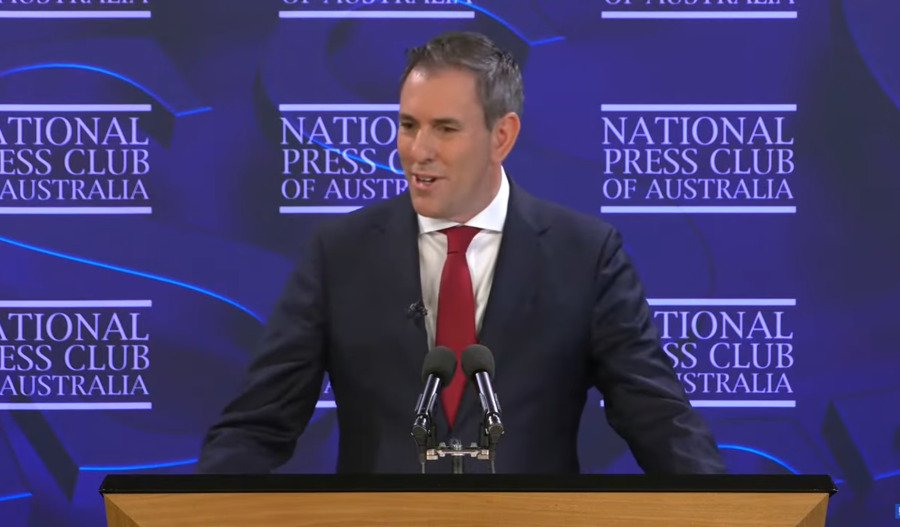The Australian share market closed slightly lower on Wednesday amid weakness in the mining and utility sectors, as investors monitored the ongoing geopolitical unrest in the Middle East.
The benchmark S&P/ASX 200 Index slipped 10.1 points or 0.1% to 8,531.2. Although eight of the 11 sectors managed to post gains, losses in Materials and Utilities dragged the index into the red.
Heavyweight miners led the decline, pressured by a downturn in iron ore prices. BHP lost 1.2%, Rio Tinto dipped 1.1%, Fortescue Metals lost 4%, and Champion Iron fell 1.6%.
Gold miners also struggled despite heightened global tensions, as the precious metal failed to sustain recent gains. Northern Star Resources dipped 2%, and Evolution Mining lost 3.6%.
Utilities were another weak spot, with Origin Energy, Meridian Energy, and Genesis Energy falling by 2.2%, 3.9%, and 1.9%, respectively.
The subdued mood on the ASX reflected broader market sentiment, as U.S. stocks fell overnight and oil prices surged to their highest level in nearly five months.
The moves followed a sharp escalation in rhetoric, with U.S. President Donald Trump demanding Iran’s “unconditional surrender” — prompting speculation that the U.S. could soon enter the ongoing conflict between Israel and Iran.
Despite the broader weakness, uranium companies continued their recent outperformance. Boss Energy climbed 4.3% after confirming that its Honeymoon Uranium Operation in South Australia had achieved its FY25 production target, delivering 850,000 pounds of U3O8 in its first year of output.
Deep Yellow advanced 3.9% in anticipation of a likely uptick in nuclear fuel spot prices.
Elsewhere, data centre operator NextDC recovered from early losses to close up 0.2%, after revealing a A$2.2 billion debt facility to refinance existing debt.
On the bond markets, the 10-year Treasury rate rose 0.4% to 4.253%, while the 2-year yield climbed 0.5% to 3.321%.



